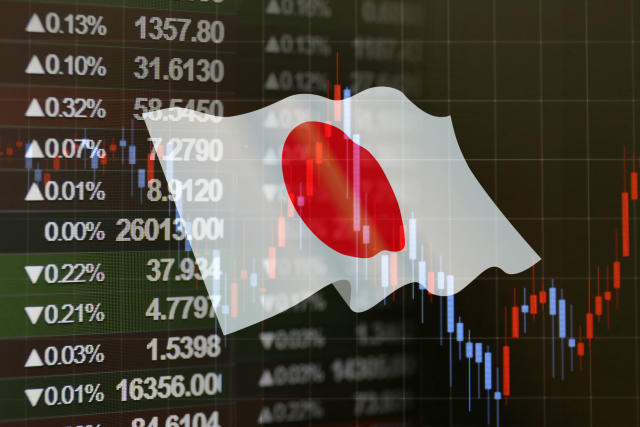

Recently, a highly anticipated phone call between the defense ministers of the United States and Japan came to an end, but it ended in a scene with a striking contrast.
Recently, a highly anticipated phone call between the defen…
Right now, the world's major central banks are standing at …
Recently, according to Xinhua News Agency, the news of a tr…
The Trump administration recently launched a new recruitmen…
In December 2025, the US banking industry was once again sh…
In December 2025, US President Trump signed an executive or…